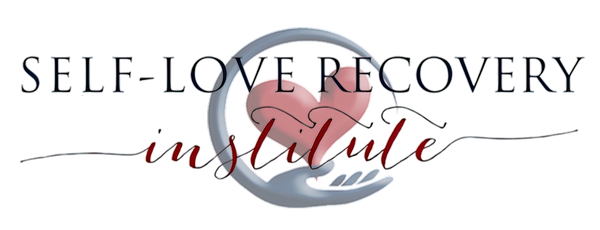
A SYNOPSIS OF ROSS ROSENBERG'S
BROKEN FROM THE START
CO-DEPENDENTS ANONYMOUS
Who Has Power Over Whom?
YouTube Video: tiny.cc/CoDA_Is_Broken
Just like other 12-step programs, CoDA’s first step pinpoints the out-of-control addiction or compulsive behavior that constantly creates disorder in their life. For most 12-step groups, a chemical or substance is the culprit, but for others like CoDA, it is a pattern of behavior that creates chaos and unmanageability in their life.
In this video, Ross Rosenberg explains why CoDA has been flawed since its inception and continues to be so. Through a historical analysis of the organization, he shows how CoDA’s “co-dependency” term originated from 1950s alcohol and drug treatment programs attempt to understand the partners of alcoholics or “co-alcoholics.” When the field shifted to “chemical dependency” as the catch-all term for all addictions, including alcohol, the term briefly shifted to co-chemical dependency. Having too many letters/words, it was almost immediately shorted to “co-dependency.”
CoDA’s step one identifies its co-dependent’s primary out-of-control compulsion as trying to change or controlling people who are unwilling or unable to change. Hence, the codependency field began and persists with its viewpoint of “co-dependents” as the people who have an unconscious stake in keeping the addiction alive through a dysfunctional and persistent pattern of controlling others.
Unfortunately, and sadly, the creators of CoDA were oblivious to the real problem: codependents fall in love with pathological narcissists, who control them and most other people in the relationships or family unit.
Thus, by insisting that the codependent’s compulsion to control others unknowingly constructs a gaslighting narrative about a problem they never had, causing personal harm as they strive to prove its existence.
Rosenberg suggests that CoDA should have focused on addressing the codependents’ lack of power and control in their relationships. This is because their partner, usually a pathological narcissist because of the predictable dynamics of the Human Magnet Syndrome, holds dysfunctional power over them rather than the other way around. As a result, the codependents’ lack of power reflects their major struggle: the absence of self-love, self-respect, self-care, self-trust, and self-protection.
Ross suggests that the 12-step program should shift its focus to helping individuals overcome their lack of self-love and escape toxic relationships with narcissists.
Rosenberg suggests that CoDA’s first step should have focused on the codependents’ lack of power and control over their relationship partner, who, because of the predictable dynamics of the Human Magnet Syndrome, is almost always a pathological narcissist. Hence, reflecting on their core struggle: the absence of self-love, self-respect, self-caring, self-trust, and self-protection.
Click HERE for more information about
Ross and Self-Love Recovery Insititute

0 comments